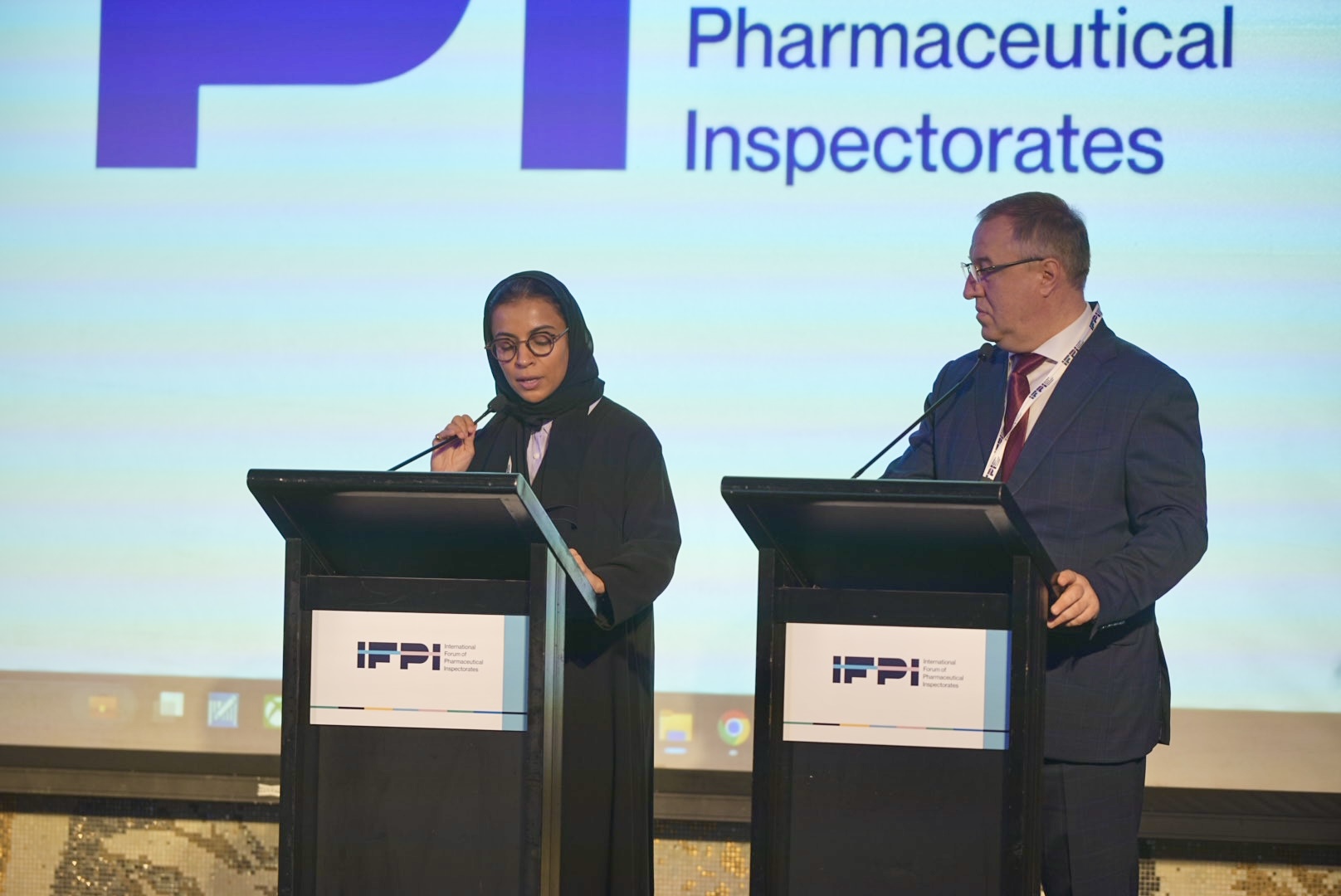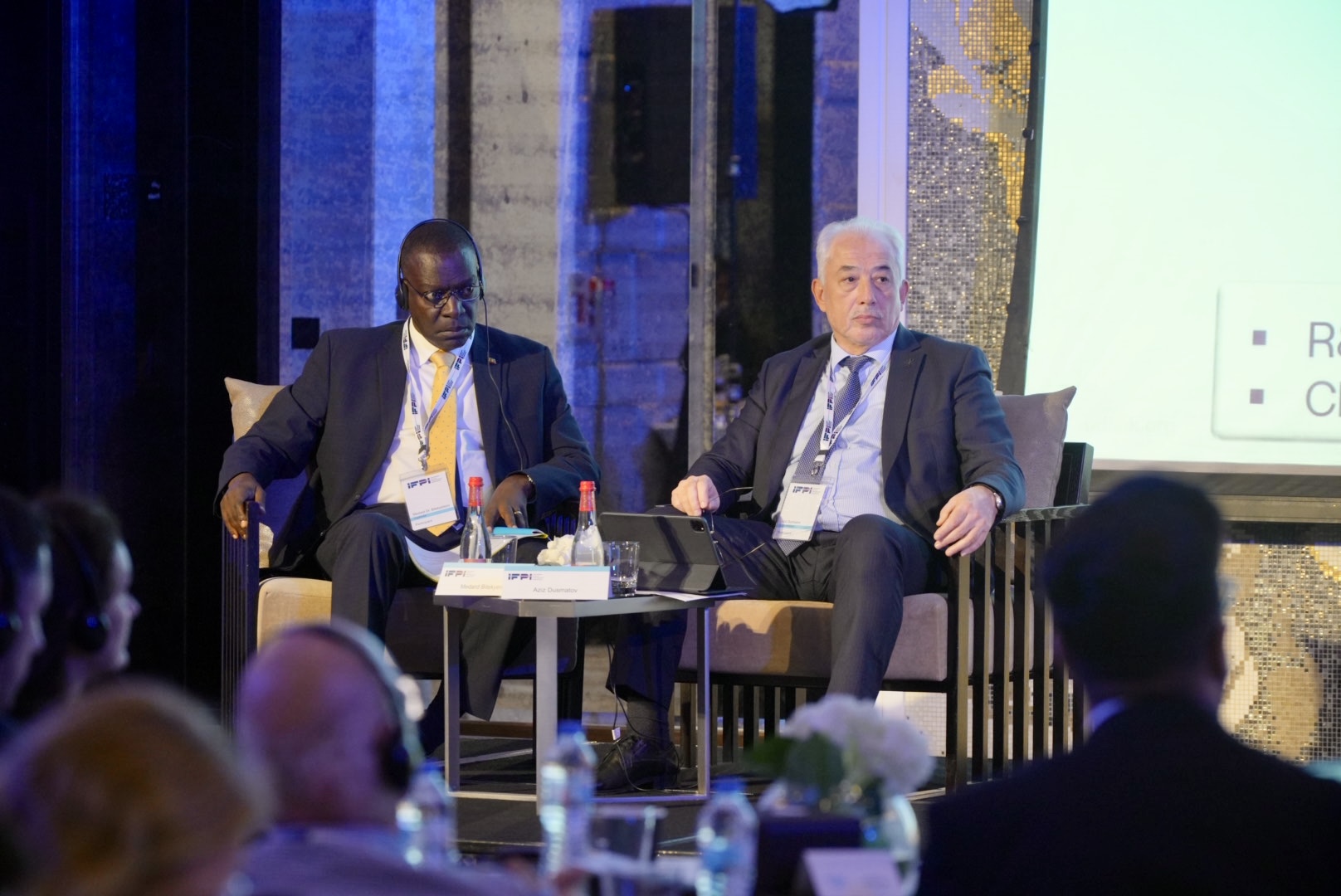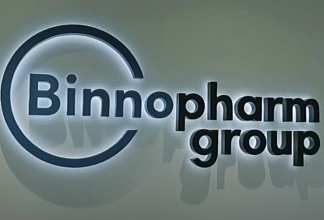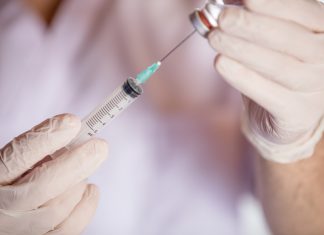The First International Forum of Pharmaceutical Inspectorates has concluded its work in Dubai. It brought together leading experts and representatives of regulatory bodies from the pharmaceutical industry from over 36 countries to discuss key issues related to the circulation of medicines and GMP inspections. The forum was organized by the State Institute of Drugs and Good Practices with the support of the Ministry of Industry and Trade of the Russian Federation.
Fatima Al Kaabi, the General Director of the Emirates Drug Establishment
of the Emirates Pharmaceutical Agency, warmly welcomed the participants with an welcoming speech. She emphasized that this forum will help build lasting partnerships for sharing experiences and knowledge, ultimately influencing the future of pharmaceutical regulation. “This will ensure that our work not only keeps pace with the times but also lays the foundation for a safer and healthier world,” she stated. “We recognize the importance of this forum as a platform for meaningful collaboration, especially at a time when the rapid advancement of technology, progress, and innovation in medicine and pharmaceuticals requires regulatory bodies worldwide to adopt and implement innovations to ensure safe, effective, and accessible treatments.”
Dmitriy Galkin, Director of the Pharmaceutical and Medical Industry Development Department of the Ministry of Industry and Trade of the Russian Federation, emphasized at the Forum that protecting public interests and safety relies on the national regulatory system. “Some regulatory bodies follow the path of unilateral recognition and direct use of international requirements, inspection results, and examination of medicines in the so-called “highly regulated countries”. The use of uniform international requirements does not guarantee their identical interpretation and use in different regions. At the same time, the “maturity” of the regulatory system does not always guarantee the ability to promptly respond to emerging difficulties in providing the population with medicines, to be exemplary and universal for any tasks. The task and responsibility of any regulator is to protect the interests of the population of its country. For our part, we are ready for communication and exchange of experience at any site,” he said.

Participants from all continents shared an overview of best practices for conducting joint inspections at the forum. Wayne Matthew Mula, a specialist in drug control at the South African Health Products Regulatory Authority (SAHPRA) and the chair of the Technical Committee for African Medicines Regulatory Harmonization (AMRH), explained the reasons for unifying regulatory bodies in Africa during a discussion. “Regulatory norms are evolving exponentially, thanks to the application of digital technologies and artificial intelligence. The creation of a single regulatory center on the African continent would allow us to unite, and therefore provide significant opportunities for access to the market of innovative drugs,” he emphasized.
During the event, there was extensive discussion about the trust between regulators, the importance of information exchange, and the harmonization of industry operations as the foundation for the safety and availability of medicines worldwide.
As explained by Darwin Yaser Marcelo Felis, the director of the General Directorate for the Control of Quality of Medicines, Food Products, and Medical Goods of the Ministry of Health and Social Protection of the Dominican Republic, the development of international cooperation and constant exchange of experiences has improved the quality of life for the population by providing access to quality medications. Speaking about future plans, he emphasized the importance of using digital tools in the work of pharmaceutical inspections, which enhance transparency and provide access to global information databases.
Chandrashekar Ranga, Inspector General of Drugs at the Central Drugs Standard Control Organization (CDSCO) of the Republic of India, shared his experience in using digital technologies in the pharmaceutical industry. A specialized digital platform created in India has managed to unite the interests of all stakeholders, including patients, manufacturers, ministries, the government and regulators. This platform combines several services at once – a production and information database. The CSE information service contains more than 400 thousand specialized research reports and government documents, and the CDSCO portal was created to support 2.5 thousand Indian manufacturers of drugs and cosmetics, through which they can submit online applications. The unified platform also includes the SUMS Labs monitoring portal, which tracks the path of a sample from an inspector to a laboratory, then to an analyst, which allows you to find out when it was tested and what the results were for each of the parameters. Speaking about future tasks, Chandrashekar Ranga emphasized that the security of data storage and protection from hacker attacks, as well as the deep application of artificial intelligence technologies, remain important priorities.

Aziz Dusmatov, Director of the State Unitary Enterprise “Center for Good Practices” of the Agency for the Development of the Pharmaceutical Industry of the Ministry of Health of the Republic of Uzbekistan, discussed the joint work with the Russian pharmaceutical inspectorate. Currently, the Russian Federation is one of the key suppliers of pharmaceuticals to Uzbekistan.




